To be held in the border areas of Karnataka, Kerala and Tamil Nadu to mitigate human-elephant conflict
Mysore/Mysuru: A synchronised elephant population estimation, or elephant census, will be held in the border areas of Karnataka, Kerala, and Tamil Nadu from May 23 to 25 to accurately record the number of elephants. This is the first time that the census is being carried out using a mobile app.
While the elephant census is usually conducted across entire forest patches every five years, this time it will focus only on the border areas of the southern states. The intention is to prevent the increasing human-elephant conflict.
The exercise is the outcome of the inter-State coordination committee meeting held in March 2024 in Bandipur Tiger Reserve where an Inter-State Coordination Committee Charter 2024 was prepared to foster collaboration for human-animal conflict mitigation. The charter was signed by the Chief Wildlife Wardens and Heads of the Forest Departments of the three States on Mar. 10, 2024.
Enumerators will record the number and groups of elephants observed using the app. The Forest Departments of the three States have made preparations for this, and personnel have been assigned to conduct the census in tiger reserves, wildlife sanctuaries, social forests and other areas where wild elephants are found.
These personnel have been trained both online and offline, and the final phase of training will be conducted on May 22 to prepare them for the census.
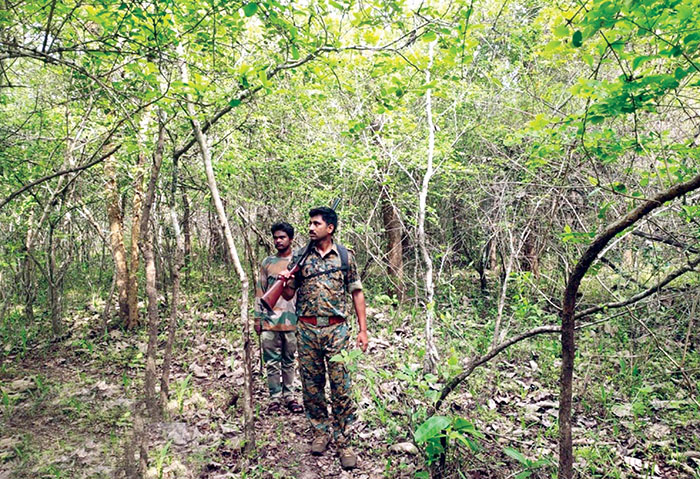
Three-phase census
The enumeration will commence with the block count sampling (or direct count) method on the first day, where forest divisions will be divided into sample blocks ranging from 4 to 6 sq.km.
On the second day, the indirect ‘dung count’ (or line transect) method will be employed, estimating elephant numbers based on dung density and its distance from transects (straight lines up to 2 km covered on foot for data collection) in elephant habitats.
The third day will focus on the waterhole count method, identifying water bodies frequented by the elephants. On the first day (May 23), teams of 3-4 personnel will traverse identified blocks in a 5 sq.km area on foot to count the elephants.
This team will walk at least 15 km, collecting information through direct observation of elephants. They will record the number of elephants in a group, including the number of male, female, and calf elephants. Additionally, information about the age of the elephants — whether adult, sub-adult, juvenile, or calf — will be recorded.
On the second day (May 24), starting at 6 am, the census will continue along a specified route (line transect) of 2 km. The team will record information about elephant dung and footprints visible on both sides of the path.
On the third day (May 25), from 6 am to 6 pm, the census will be conducted at identified water bodies in the forest area. Observers will set up machans (platforms) in trees to record data and take photographs of elephants coming to drink water.
Previously, information collected during the census was written down on paper and submitted. This time, an app has been developed specifically for the elephant census. The data collected in this census will be recorded in the app, ensuring accurate information.
A preliminary report will be drafted by June 23, followed by the submission of the final report to the State Government by July 9.
300 personnel in Nagarahole, 150 in Bandipur, 200 in BRT Reserve
At the Nagarhole Tiger Reserve, more than 300 personnel will participate in the elephant census across 91 patrol zones. Necessary preparations for the census have been made and each patrol team has received training for the elephant census.
The census will help identify the gender ratio of elephants and the areas with high elephant density per square kilometre. This information will be useful for designing strategies to prevent and manage human-elephant conflicts, said Harshakumar Chikkanaragunda, Project Director, Nagarahole Tiger Reserve.
In the last year’s census, there were 1,116 elephants in the Bandipur Tiger Reserve. 150 personnel have been prepared for the census this time, said S. Prabhakaran, Director of Bandipur Tiger Reserve.
Preparations are underway in the Biligiri Ranganathaswamy Temple (BRT) Tiger Reserve, with 200 personnel being readied for the census. Two rounds of training have been provided, and another training session will be conducted on May 22, said Deep J. Contractor, Director, Biligiri Ranganathaswamy Temple (BRT) Tiger Reserve.



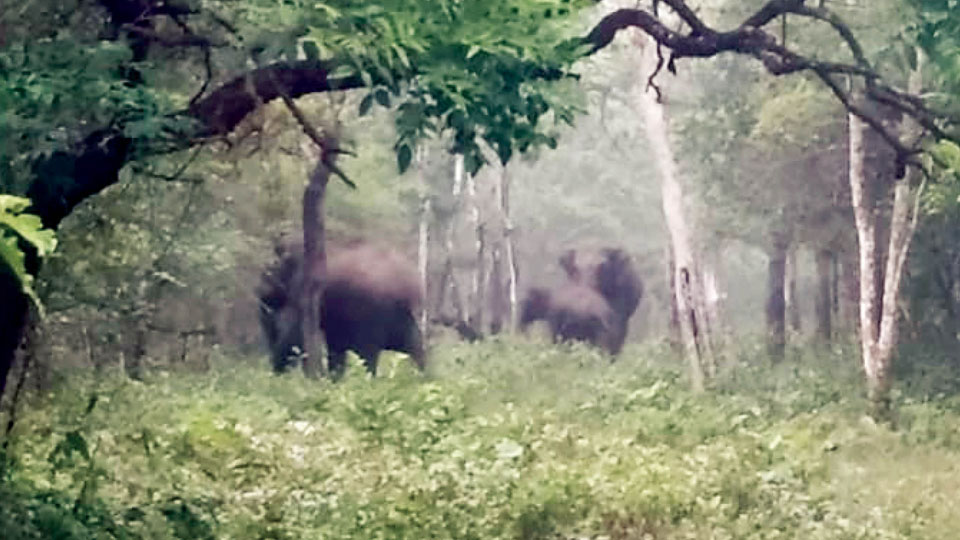
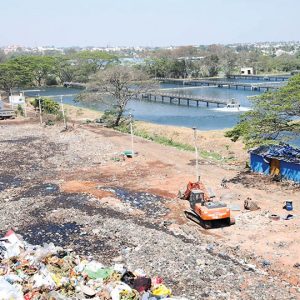
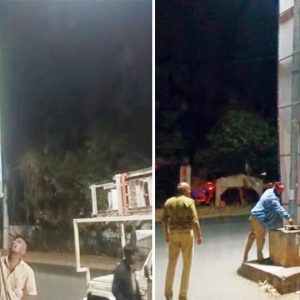
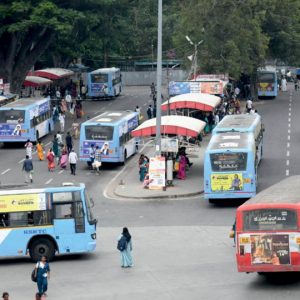

Recent Comments